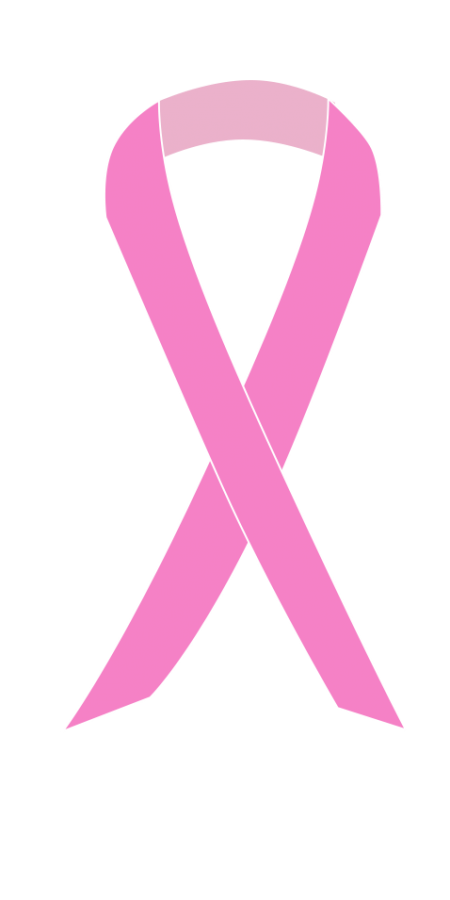Breast cancer is a term that is common to many women and their family members; 1 out of 8 women will be diagnosed with breast cancer. Typically, women do not have to check for signs of breast cancer until the age of 40. As of recent, that is no longer the case; younger women are becoming more susceptible to developing breast cancer than ever before. Previously, the chances of a woman in her early 30’s would be low. Over time these percentages tripled, yet researchers and scientists do not seem to know the cause.
The sudden rise in the percentages of women likely to get breast cancer are mainly represented in the Hispanic and the African American communities, where both cultures are more susceptible to the disease than white women. Many women, when diagnosed with breast cancer, ask “Why me?” Living with breast cancer is not only physically damaging and exhausting; it takes a heavy toll on the patient’s mental health as well.
A local San Antonio Hispanic woman shares her journey of battling cancer. Estela Olivarez was diagnosed at the age of 35.
“The hardest part was not fighting cancer, but it was having to accept it at such a young age,” Olivarez said. “Fighting towards cancer made me stronger. It fostered the biggest feeling that I hold in my heart, that I am alive.”
Accepting the diagnosis was difficult for Olivarez, but that was just the first big step into the fight. The physical and mental effects of breast cancer were her second battle. Olivarez experienced most of her physical symptoms of breast cancer during chemotherapy, which required sixteen cycles of treatment. Olivarez expressed that each treatment was a “fight every time, and it pushed me down until I was not able to sustain myself.” Sadly, her body was crying for a break, but ultimately, there would be no rest for Olivarez. Chemotherapy did not only drain Olivarez of her daily energy, social interactions and happiness; it robbed her of her beautiful hair and muscles.
Mentally, Olivarez severely struggled, yet she never gave up on herself. One of the hardest mental battles Olivarez had to fight was knowing “I was not able to fight back towards my cancer because it was stronger than me.” Olivarez expressed she often felt being secluded into a dark place where no one could help her. For Olivarez, “the pain, physically and mentally, was the hardest.”
The biggest emotion Olivarez expressed she felt while being diagnosed was fear; she often found herself with questions such as “What will happen if chemotherapy does not work? What is going to happen to my family?”







